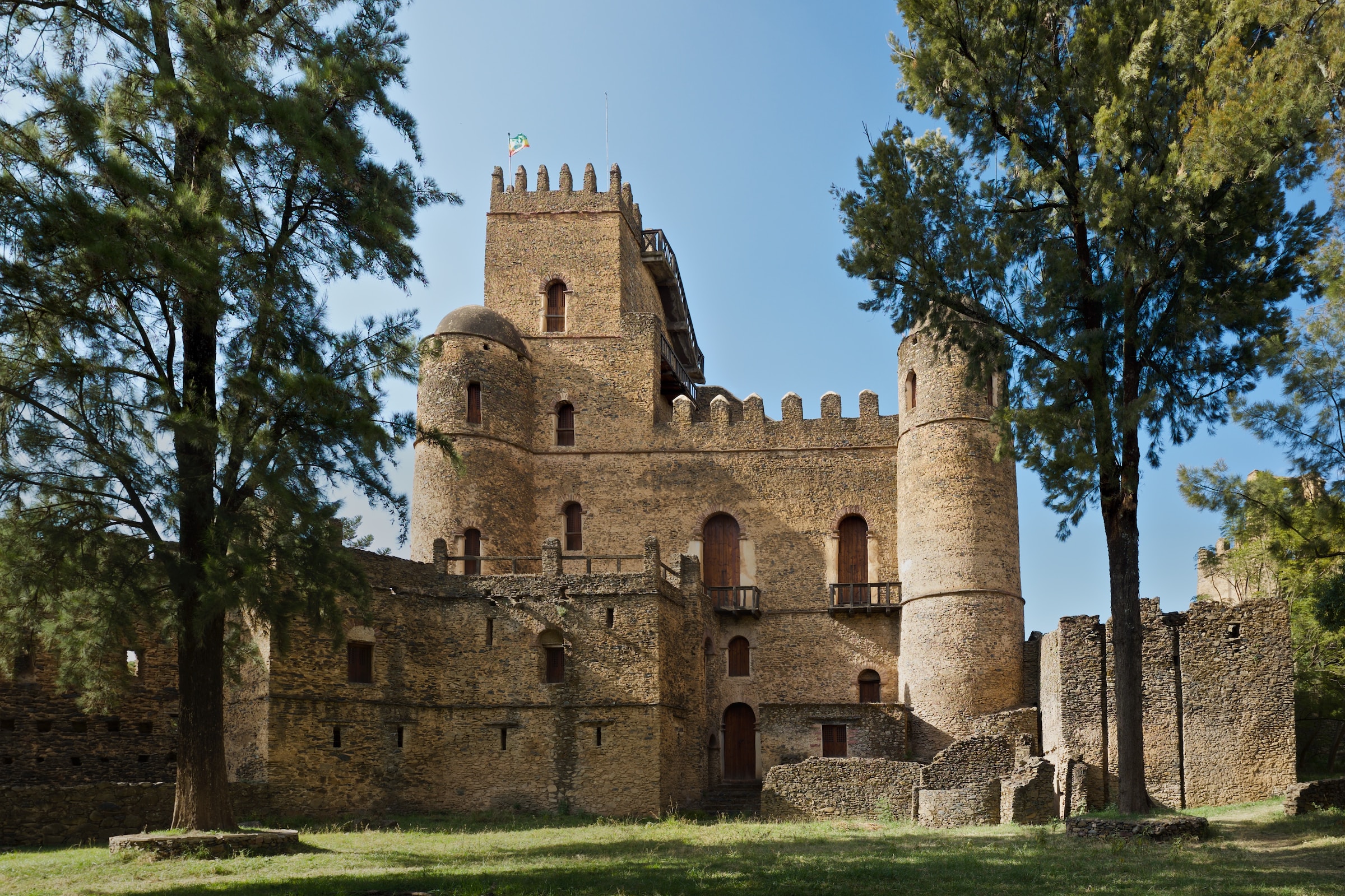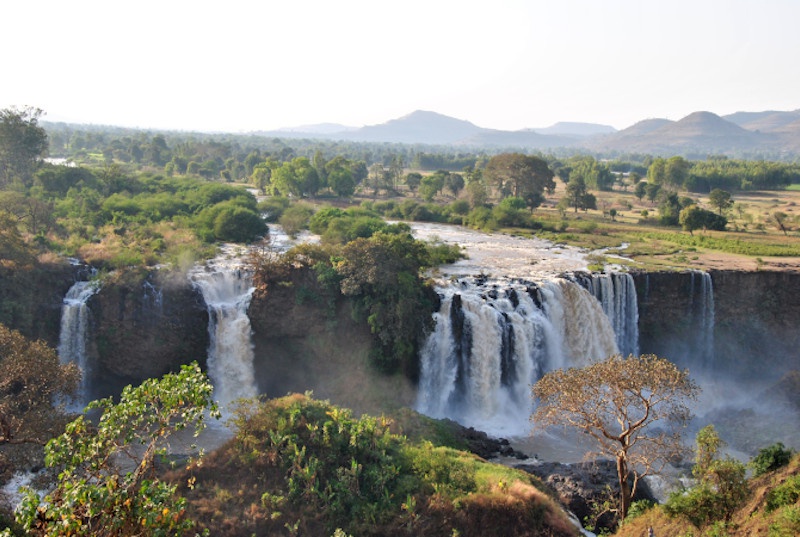
Top 20 Travel Tips for Visiting Ethiopia Safely and Smartly
Ethiopia is a land of ancient history, breathtaking landscapes, unique cultures, and unmatched hospitality. From the rock-hewn churches of Lalibela to the tribes of the Omo Valley, the majestic Simien Mountains to the scorching Danakil Depression, Ethiopia is one of Africa’s most captivating yet underrated destinations.
Before you pack your bags, here’s everything you need to know for a safe, smooth, and unforgettable trip. Whether you’re a first-time visitor or a seasoned traveler, these Top 20 Travel Tips for Ethiopia will help you navigate the country smartly.
🛫 Before You Travel
1. Get the Right Visa
Ethiopia offers e-visas and visa-on-arrival for many nationalities at Bole International Airport. Apply online in advance to save time. Ensure your passport is valid for at least 6 months from your arrival date.
2. Vaccinations and Health Prep
Yellow Fever vaccination is recommended and required if you’re coming from a Yellow Fever zone. Also consider vaccinations for Hepatitis A/B, Typhoid, and routine immunizations. Pack anti-malaria meds if traveling to risk-prone areas like the south or lowlands.
3. Buy Travel Insurance
Health facilities can be limited in rural areas. Travel insurance that covers medical evacuation, theft, and trip cancellation is highly recommended.
4. Learn Basic Amharic Phrases
English is widely spoken in cities, but learning basic Amharic (like Selam for hello, Amesegenallo for thank you) goes a long way in building connections with locals.
🧳 Packing & Essentials
5. Dress Modestly & Comfortably
Ethiopians are generally conservative. Long pants/skirts and covered shoulders are respectful, especially when visiting churches. Pack layers – it’s cold in the highlands and hot in the lowlands.
6. Bring a Power Adapter
Ethiopia uses 220V with types C, E, and F plugs (like most of Europe). A universal adapter will keep your devices charged.
7. Don’t Forget Toilet Paper & Sanitizer
Public toilets are rare outside of cities, so carrying your own tissues, sanitizer, and wet wipes is a must.
8. Use a Local SIM Card
Buy an Ethio Telecom SIM card at the airport or in town. Data is cheap and helps with navigation, booking rides, or translation.
🚶 Getting Around
9. Fly with Ethiopian Airlines Domestically
It’s the most efficient way to travel long distances. If you fly internationally with Ethiopian Airlines, you get up to 50% off domestic flights.
10. Use Local Transport with Caution
Minibuses and taxis are budget-friendly but crowded. Use them with guidance from locals. In Addis, the light rail is a clean and cheap alternative.
11. Hire Local Guides
In places like Lalibela, the Omo Valley, or Simien Mountains, certified local guides can enrich your experience and help you avoid cultural misunderstandings.
🍲 Food & Drink
12. Try the National Dishes
Don’t miss injera (sourdough flatbread) with doro wat (spicy chicken stew), tibs (sautéed meat), and shiro (chickpea stew). Vegetarians will love fasting dishes served during Orthodox fasting days.
13. Drink Bottled Water Only
Avoid tap water. Stick to sealed bottled water and check the seal before drinking.
14. Enjoy the Coffee Culture
Ethiopia is the birthplace of coffee. Attend a traditional coffee ceremony – it’s more than a drink, it’s a cultural experience.
📸 Culture, Safety & Etiquette
15. Respect Religious Customs
Remove your shoes before entering churches or mosques. Dress modestly. Photography is restricted in some religious sites, so always ask for permission.
16. Watch for Scams and Overcharging
Tourist-targeted scams are rare but exist. Always negotiate prices in advance, especially with taxis, guides, and market sellers.
17. Avoid Political Discussions
Ethiopia is ethnically and politically complex. Avoid sensitive topics with locals unless you’re well-informed and invited to discuss.
18. Stay Alert in Crowds
Pickpocketing can happen in crowded places like Merkato (Africa’s largest open market). Use a money belt and don’t flash valuables.
📅 When to Visit & Where to Go
19. Plan Around Festivals
Timket (Epiphany) in January and Meskel (Finding of the True Cross) in September are spectacular religious festivals that give insight into Ethiopian spirituality and tradition.
20. Explore Beyond the Usual
While Lalibela, Gondar, and Bahir Dar are must-sees, consider off-the-beaten-track destinations like Harar (UNESCO Islamic city), the Bale Mountains (wildlife haven), or Konso (terraced villages).
🧭 Final Thoughts
Ethiopia is not your average African destination. It challenges expectations with its highlands, ancient history, languages, and living cultures. Traveling here is deeply rewarding—but it demands preparation and an open mind.
With the right planning and these 20 tips in hand, you’ll be ready to explore one of Africa’s most unforgettable and historically rich nations.









